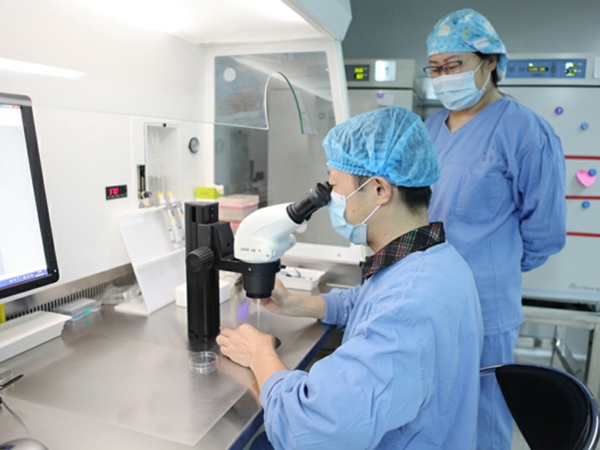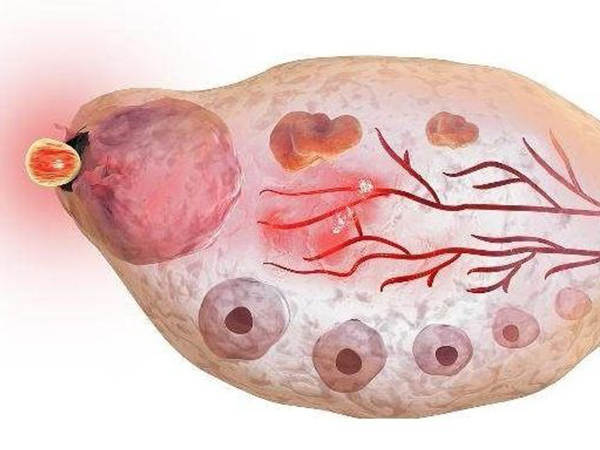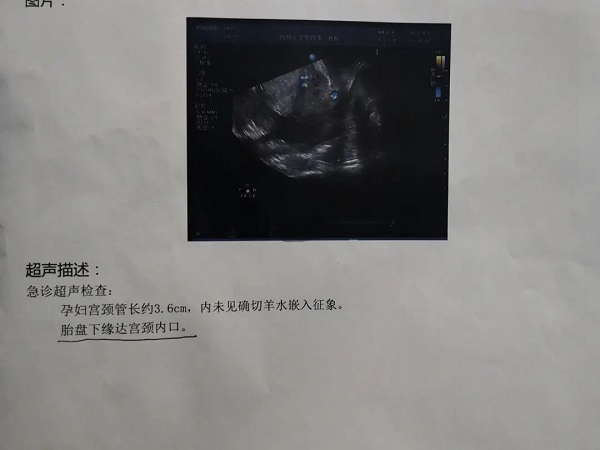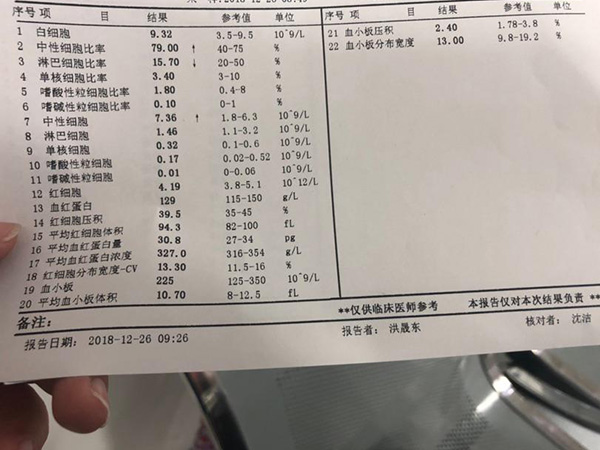Recent Policy Update on Subsidies for IVF in Chongqing
In recent times, Chongqing has made significant revisions to its policy concerning subsidies for in vitro fertilization (IVF). This article aims to provide a comprehensive overview of the latest updates in the subsidy policy, highlighting key aspects and implications for prospective parents seeking assisted reproductive services in the region.

1. Background and Context
Chongqing, like many other regions in China, has been actively promoting policies to support couples facing infertility issues. The latest updates build upon existing initiatives to enhance accessibility and affordability of IVF treatments for eligible individuals and families.
2. Expanded Coverage Criteria
The revised policy extends the coverage criteria, encompassing a broader spectrum of individuals who qualify for subsidies. Notably, it addresses specific demographic considerations, ensuring equitable access across various socio-economic backgrounds. Moreover, emphasis is placed on inclusivity, catering to the diverse needs of Chongqing's population.
3. Enhanced Financial Assistance
In response to feedback and evolving healthcare dynamics, Chongqing has augmented the level of financial assistance provided to eligible applicants. This includes increased subsidy amounts and additional support mechanisms aimed at alleviating the financial burden associated with IVF treatments. Such enhancements underscore the government's co妹妹itment to prioritizing reproductive health as a fundamental aspect of public welfare.
四. Streamlined Application Process
Recognizing the importance of efficiency and transparency, the updated policy introduces measures to streamline the application process for prospective beneficiaries. Through simplified procedures and digital platforms, individuals can navigate the subsidy application process with greater ease and convenience. This strategic initiative aims to expedite access to essential reproductive healthcare services while minimizing bureaucratic hurdles.
5. Quality Assurance Measures
In alignment with national standards and best practices, Chongqing has implemented robust quality assurance measures within its subsidy framework. This includes stringent oversight mechanisms, accreditation requirements for healthcare providers, and periodic evaluations to uphold service excellence and patient safety standards. By prioritizing quality assurance, the policy reinforces trust and confidence in IVF services offered within the region.
6. Public Awareness and Education
To complement subsidy provisions, Chongqing has intensified efforts to raise public awareness and promote education regarding infertility and assisted reproductive technologies. Through targeted campaigns, seminars, and educational materials, the government aims to dispel myths, reduce stigma, and empower individuals with accurate information to make informed decisions regarding their reproductive health journey.
Conclusion: A Vision for Inclusive and Accessible Reproductive Healthcare
In conclusion, the recent updates to Chongqing's IVF subsidy policy signify a progressive step towards realizing a vision of inclusive and accessible reproductive healthcare. By expanding coverage criteria, enhancing financial assistance, streamlining processes, ensuring quality standards, and fostering public awareness, the policy framework reflects a concerted effort to prioritize the well-being and reproductive rights of all citizens. Moving forward, continued collaboration between policymakers, healthcare professionals, and the co妹妹unity will be essential to sustain momentum and drive positive outcomes in the realm of assisted reproductive services.
其他类似经验
- 395 浏览
- 385 浏览
- 381 浏览
- 378 浏览
- 375 浏览
- 2025-06-29
- 2025-06-29
- 2025-06-29
- 2025-06-29
- 2025-06-29
任何关于疾病的建议都不能替代执业医师的面对面诊断,请谨慎参阅。本站不承担由此引起的法律责任。
免责声明:本站上所有内容均出于传递更多信息之目的,并不意味着赞同其观点或证实其描述。















































